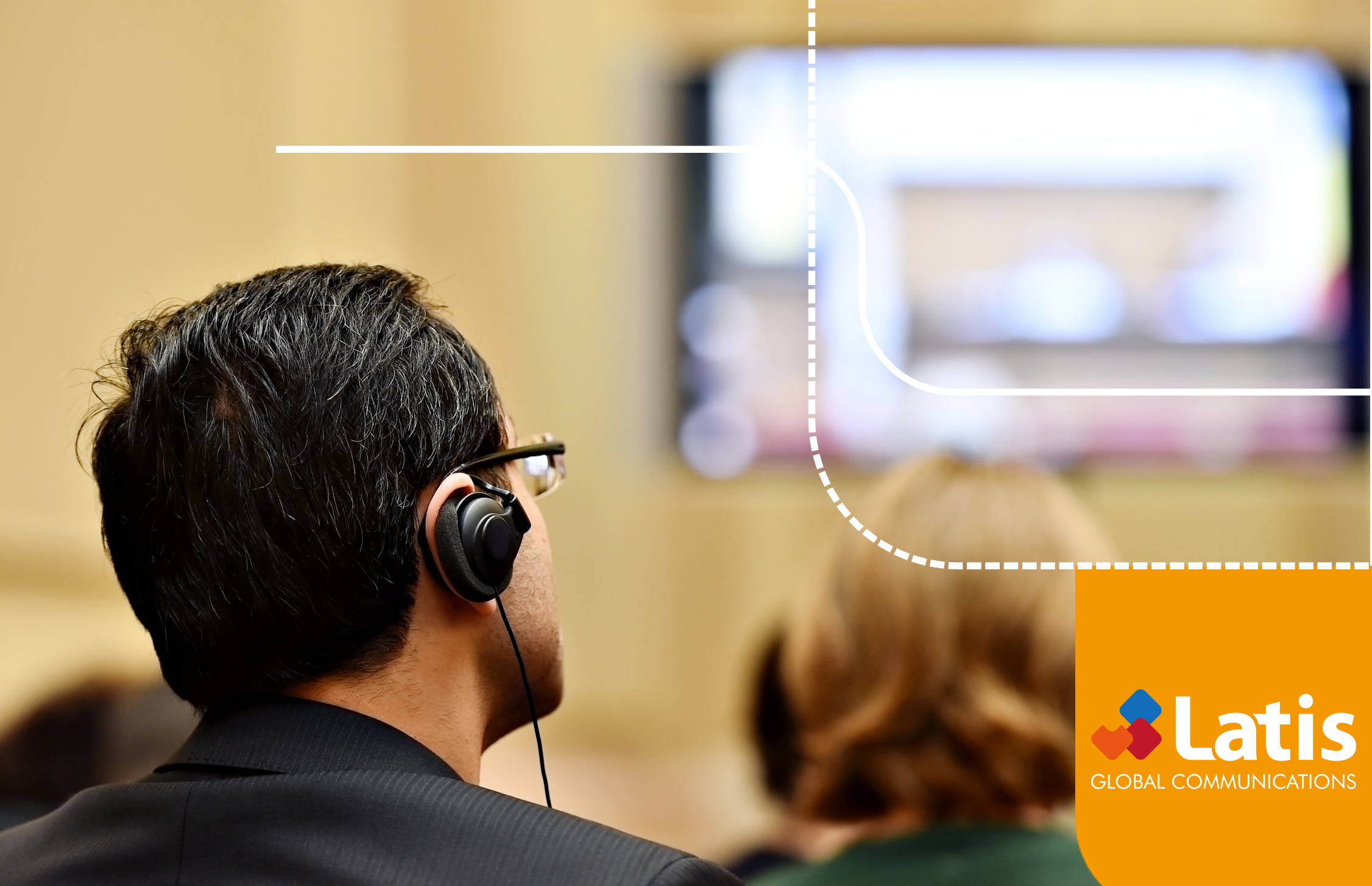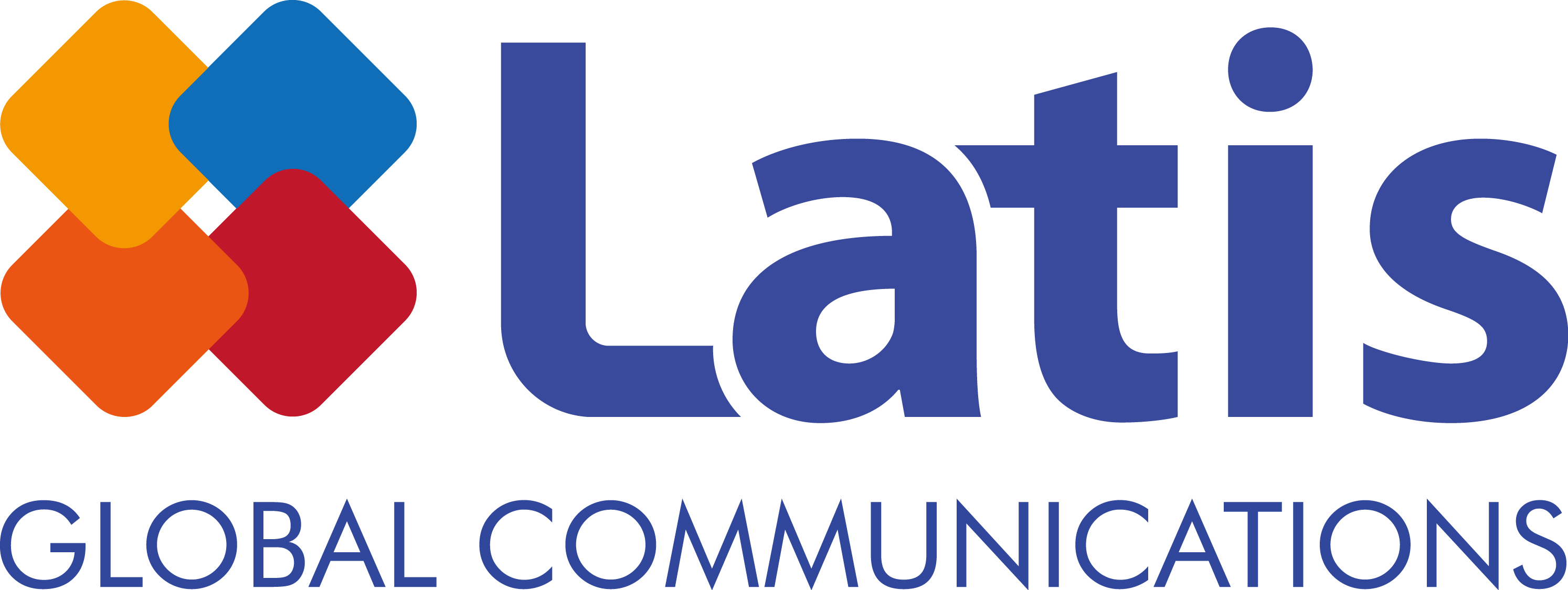
Translation isn’t a simple process where a single translator translates a document or content into another language and be done with it. It utilizes various translation tools (e.g. translation software and platforms) and involves multiple translators, engineers, project managers and native reviewers.

Furthermore, large-scale projects require maintaining the consistency of translations since they are produced by several different translators. As such, you need to conduct a quality assurance test after all the translations are done, in order to improve the quality of the final product.
As an agency that offers professional translation services for the games entering the overseas market, we at Latis Global will introduce you today how to improve the translation quality.

What Is Translation Test / Linguistic Quality Assurance?
Translation test is usually referred to as linguistic quality assurance, also known as Linguistic QA – LQA. LQA isn’t a mere proofreading process but rather an overall evaluation of the quality and accuracy of the translated content. Such content includes every type of text that is displayed to users like the menu, UI, scripts and error messages. It’s a process that ensures the translated content is naturally understood in the native language of its users.
LQA also checks whether the translated content is culturally appropriate for the target demographics, and makes sure the cultural idioms and colloquialisms are naturally conveyed in the target language. Additionally, it maintains the consistency of translated content to prevent possible complaints from the players which might harm the commercial success of the game.

Major Benefits of LQA
1) Increased Satisfaction From the Players
Investing your resources into LQA can substantially improve the gameplay experience of the players. Offering a natural translation that is as fluent as native text can eliminate the language barrier and further enhance the game’s immersion.
Such increased satisfaction from the players will improve the game’s reputation and make the players further invested in the game, not to mention the influx of new players after recommendations from others.
For instance, imagine playing a game where the translation is only applied to its brief introduction and UI, or the translation quality is on par with machine translations. The players will quickly abandon the game after being frustrated by not understanding the game’s story or mission objectives. If, however, the translations are as fluent as native text, the players can experience and understand the content more easily, resulting in a satisfying gameplay experience from the players.

2) Trust From the Players and the Increase in Marketability
Game translation can diversify the player base by expanding the range of markets where the game is released. If your game includes a language that is native to your players, you can build trust with them as it proves you care for the requests from your customers (players), reaching a new market to sell your product.
If your game has poor translations, however, it can be harmful to the game’s reputation in the new market. Mistranslations might damage your game’s critical reception or even make it impossible for the players to trust your game at all. Such incidents can result in a decrease in the game’s revenue and brand loyalty.
In conclusion, LQA is an essential process in game localization which contributes to producing a high-quality game. It improves the player experience and helps building a good reputation regarding the game’s quality.

3) Decrease in Development Cost
Hiring professional translators and conducting LQA can reduce long-term development cost since you can identify the issues in translations before launching the game. Naturally, it is more cost-efficient to solve an issue during the development rather than solving it after the launch.
For instance, launching your game without LQA might result in a situation where you need to spend a lot of extra cost to edit the game’s content. If you invest in LQA, however, you can save the development time and cost by identifying and solving the issues in translations before the launch.
By identifying errors in your game before the launch, LQA ensures a smoother development process as you save the development time.

What Is Included in the Lqa Process?
A game localization test strategy includes three major components.
- Linguistic QA: The overall quality of in-game text such as scripts, game introductions, subtitles and UI text is tested.
- Visual QA: Visual and design elements that are related to game localization are tested.
- Functional QA: Functional elements such as UI performance, language select menu, and synchronization between gameplay and translations are tested.
Your Choice for Game Translation LQA
Latis Global believes localization quality is of the utmost importance, especially when there are many cases where a compromise in quality needs to be made due to the amount of text that needs to be translated before the deadline. We, professionals at Latis Global, are also experts at conducting LQA tests to perfectly meet the localization needs of our clients. If you need localization quality assurance, please contact us at contact@latisglobal.com. Thank you.

